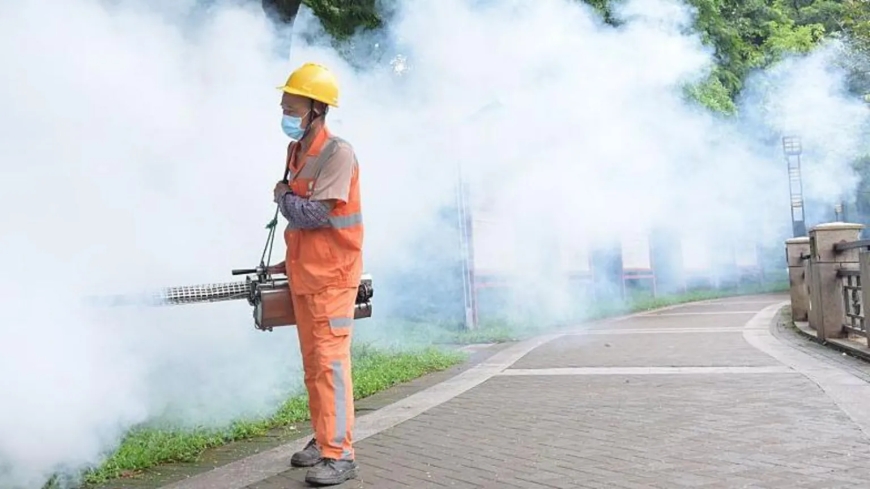China Reports 7,000 Cases Of Chikungunya Virus In Guangdong

More than 7,000 cases of a mosquito-borne virus have been reported across China’s Guangdong province since July, prompting measures similar to those taken during the Covid-19 pandemic. In Foshan city, which has been hit the hardest, chikungunya patients must stay in hospital, where their beds will be protected with mosquito nets. They can only be discharged after they test negative or at the end of a week-long stay. Spread through the bite of an infected mosquito, the virus causes fever and severe joint pain, which sometimes can last for years.
Although rare in China, chikungunya outbreaks are common in South and South East Asia and parts of Africa. Aside from Foshan, at least 12 other cities in the southern Guangdong province have reported infections. Nearly 3,000 cases were reported in the last week alone. On Monday, Hong Kong reported its first case , a 12-year-old boy who developed fever, rash and joint pain after traveling to Foshan in July. The virus is not contagious, and only spreads when an infected person is bitten by a mosquito that then goes on to bite others. Officials say all the reported cases have been mild so far, with 95% of the patients discharged within seven days.
Still, the cases have led to some panic, given the virus is not widely known in the country. “This is scary. The prolonged consequences sound very painful,” one user wrote on Chinese social media platform Weibo. The US has urged travellers to China to exercise “increased caution” following the outbreak. The best way to prevent the virus from spreading is to reduce pools of stagnant water that allow the mosquitoes to breed, says the World Health Organization Authorities across Guangdong province have vowed to take “decisive and forceful measures” to stop the spread of the disease.
Those with symptoms, such as fever, joint pain or rashes, are being urged to visit the nearest hospital so they can be tested for the virus.Authorities have instructed residents to remove stagnant water in their homes, such as in flowerpots, coffee machines or spare bottles – and warned of fines up to 10,000 yuan ($1,400) if they don’t do this. They are also releasing giant “elephant mosquitoes” that can devour smaller, chikungunya-spreading bugs; and an army of mosquito-eating fish.







